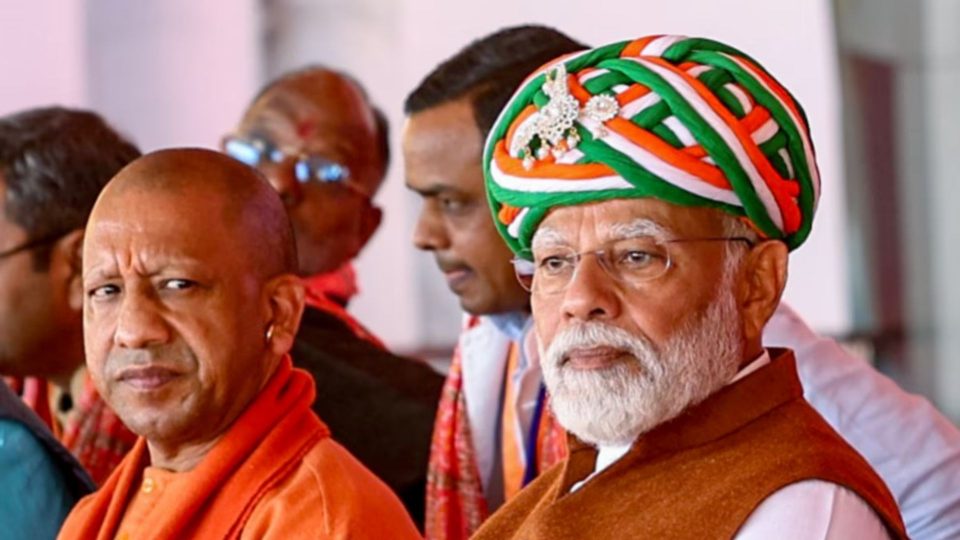Marriage is the only pillar of our society, binding people and families together. Many marriages are nice and prosperous, while others are fearful and tough. Society makes it difficult for women to speak up or take action in the face of marital injustices. A married woman must be fully informed of her legal rights. Hence, we provide you with a complete list of Indian legal rights that a married woman is entitled to.

1. Protection Against Domestic Violence
The Protection of Women from Domestic Violence Act of 2005 allows you to take legal action against your partner or any relative living in your household who abuses you physically, emotionally, financially, or sexually. The law ensures your safety and well-being in the married family.
2. The Right To Live With Dignity
The Indian Constitution provides all people essential rights, such as equality before the law and the right to live in dignity. These fundamental rights apply equally to married women, protecting their essential rights and freedoms.
3. Freedom From Dowry
The Dowry Prohibition Act of 1961 safeguards you against the societal ill of dowry, both before and after marriage. You have the sole right to refuse dowry demands and use legal action if you are subjected to pressure or harassment.
4. Financial Security
The Maternity Benefit Act of 1861 offers paid leave before and after childbirth, even if you are not a regular employee. This provides financial stability and assistance throughout this vital period. Additionally, under the Hindu Succession Act of 1956 (or an equivalent law depending on your religious group), you have the same rights to inherit property from your parents and other relatives as your husband and children.
5. Right To Choose and Control
The Medical Termination of Pregnancy Act of 1971 protects your right to a safe and legal abortion under certain medical and socioeconomic situations. This allows you to make better choices regarding your reproductive health.
6. Right To Fair And Equal Treatment
The Equal Remuneration Act of 1976 ensures equal compensation for equal labour, regardless of gender. This guarantees that you will not face financial discrimination because of your marital status.
7. Right To Seek Divorce
The Indian Divorce Act of 1969 allows you to obtain divorce for a variety of reasons, including cruelty, adultery, and desertion. This allows you to leave an unhappy marriage and pursue a decent life.
8. Right To Property
The Hindu Marriage Act of 1955 (or its equivalent, depending on your religious community) defines your rights and responsibilities in marriage. It also provides provisions for a variety of issues, such as the right to your Stridhan (gifts and property obtained before or before marriage) and, in some situations, a portion of marital property.
9. Right To Claim The Child’s Custody
A mother has the absolute right to seek custody of her kid, particularly if the child is under the age of five. She can also take her child with her if she leaves the matrimonial home without a judicial order. Despite equal custodial rights, a mother can retain custody of her kid in the event of a contested residence.




